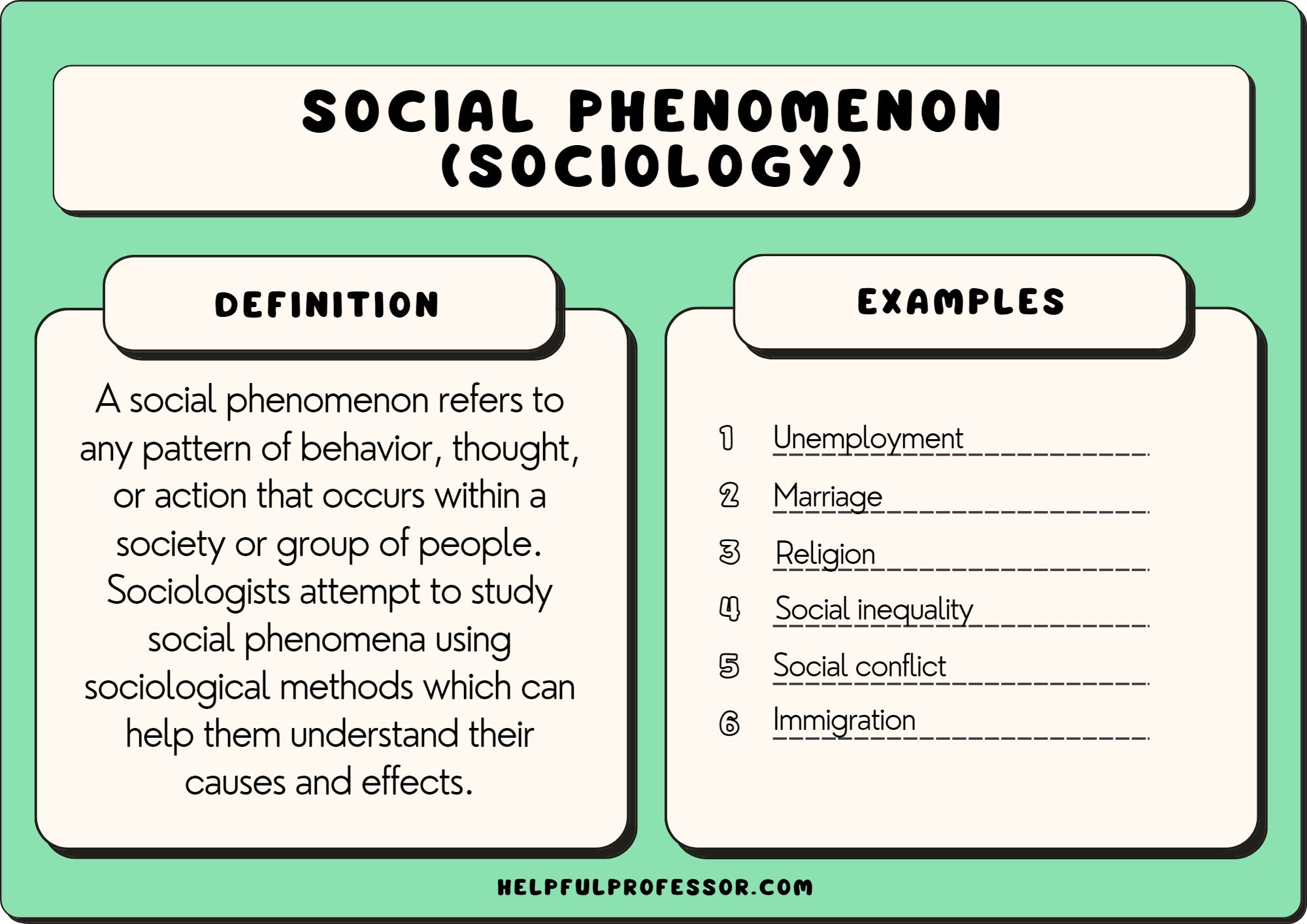Have you ever felt a sense of unease when someone acts in a way that seems completely contradictory to your own beliefs? Perhaps you witnessed a friend choose to prioritize personal gain over ethical behavior, or maybe you felt a pang of disgust at a politician’s blatant disregard for the struggles of marginalized communities. These moments, however unsettling, are powerful reflections of the fundamental forces that shape our decisions and guide our actions—values.

Image: helpfulprofessor.com
We all hold values, whether we consciously articulate them or not. In essence, our values represent a deeply embedded moral compass, guiding our choices and defining who we are at our core. But what are values, exactly? And how do they influence our lives in a way that goes far beyond simply personal preferences? This is where the field of sociology steps in, seeking to understand the intricate interplay between our individual values and the broader social fabric that shapes us.
Unpacking the Definition of Values in Sociology
In the realm of sociology, “values” are defined as deeply held beliefs that individuals and societies consider desirable, right, and good. These beliefs serve as the foundation for our judgments, shaping our perceptions of the world and influencing our behaviors. Unlike mere preferences, which might fluctuate based on personal whims, values are more enduring, guiding our actions even in challenging situations. While individual values are unique and deeply personal, they are also influenced by a complex web of factors woven into the social tapestry, including:
- Cultural norms: The customs, traditions, and shared beliefs of the societies we inhabit play a crucial role in shaping our values. For example, a society that places high value on individual achievement might foster a competitive spirit among its members, whereas a culture that emphasizes communal harmony might prioritize collective well-being and cooperation.
- Socialization: From a young age, we are immersed in a process of socialization, absorbing values through interactions with family, peers, educators, religious institutions, and the media. These influences shape our understanding of what is right and wrong, desirable and undesirable.
- Historical context: The historical events and social movements that have shaped our communities leave an indelible mark on our collective values. For instance, the struggles for civil rights and gender equality have significantly transformed societal views on social justice and equality.
- Social groups: We belong to various social groups—family, friends, work colleagues, religious organizations, political affiliations—that contribute to the development of our values. The shared values within these groups influence our perspectives and shape our relationships.
The Power of Values in the Social World
Values are not merely abstract concepts; they have real-world consequences, influencing everything from our personal choices to political landscapes.
- Individual Behavior: Values guide our decisions, relationships, and interactions with the world. They help us determine what is important, what we are willing to fight for, and what we consider morally acceptable.
- Social Conflict: Conflicts often arise when different groups hold contrasting values. For example, debates about abortion, same-sex marriage, and gun control are fueled by divergent moral perspectives. Understanding the underlying values fueling these conflicts is crucial for constructive dialogue and potential resolution.
- Social Change: Values are not static; they evolve over time and can be catalysts for social change. The civil rights movement, the fight for environmental protection, and the growing awareness of social justice are all examples of how shifting values have led to profound societal transformations.
- Collective Action: When shared values unite individuals, they can give rise to powerful collective action. Protests, boycotts, and social movements are driven by the shared belief that certain values are being threatened or violated.
Navigating the Complex Landscape of Values
The study of values in sociology offers a framework for understanding the driving forces behind our actions, our relationships, and the broader social landscape. By exploring how values are formed, how they influence our behavior, and how they evolve over time, we gain valuable insights into the complexities of human interaction and the dynamics of social change.
However, understanding values is not simply an academic pursuit. It is a crucial skill for living a more meaningful and fulfilling life. By becoming more aware of our own values, we can navigate the challenges of life with greater clarity and purpose. We can also cultivate empathy and understanding for those who hold different values, fostering respectful dialogue and building bridges across societal divides.

Image: youthfirstinc.org
Actionable Tips for Examining Your Values
-
Reflect on Your Beliefs: Take some time to reflect on what you consider most important in life. What are your principles? What do you value most in your relationships? What are your aspirations? By thoughtfully examining your beliefs, you can gain valuable insights into your own moral compass.
-
Engage in Meaningful Conversations: Seek out opportunities to engage in meaningful conversations with people from diverse backgrounds and perspectives. Listening attentively to their values and beliefs can broaden your understanding of the world and challenge your own assumptions.
-
Live By Your Values: Practice living intentionally by making choices that align with your values. This might mean prioritizing ethical behavior, supporting causes that resonate with your beliefs, or taking action to advocate for positive change.
-
Don’t Be Afraid to Re-Evaluate: Values are not cast in stone. As we grow and experience life, our values may evolve and shift. Be open to re-evaluating your beliefs, challenging your assumptions, and embracing new perspectives.
Definition Of Values Sociology
Conclusion
By understanding the definition of values in sociology, we gain a deeper appreciation for the complex interplay between individual beliefs and societal forces. This knowledge empowers us to navigate the intricacies of human interaction with greater awareness, empathy, and purpose. Let us all strive to explore our own values, engage in meaningful conversations, and act in accordance with our beliefs, contributing to a society that embraces diversity, values compassion, and strives for a brighter, more equitable future for all.



/GettyImages-173599369-58ad68f83df78c345b829dfc.jpg?w=740&resize=740,414&ssl=1)


